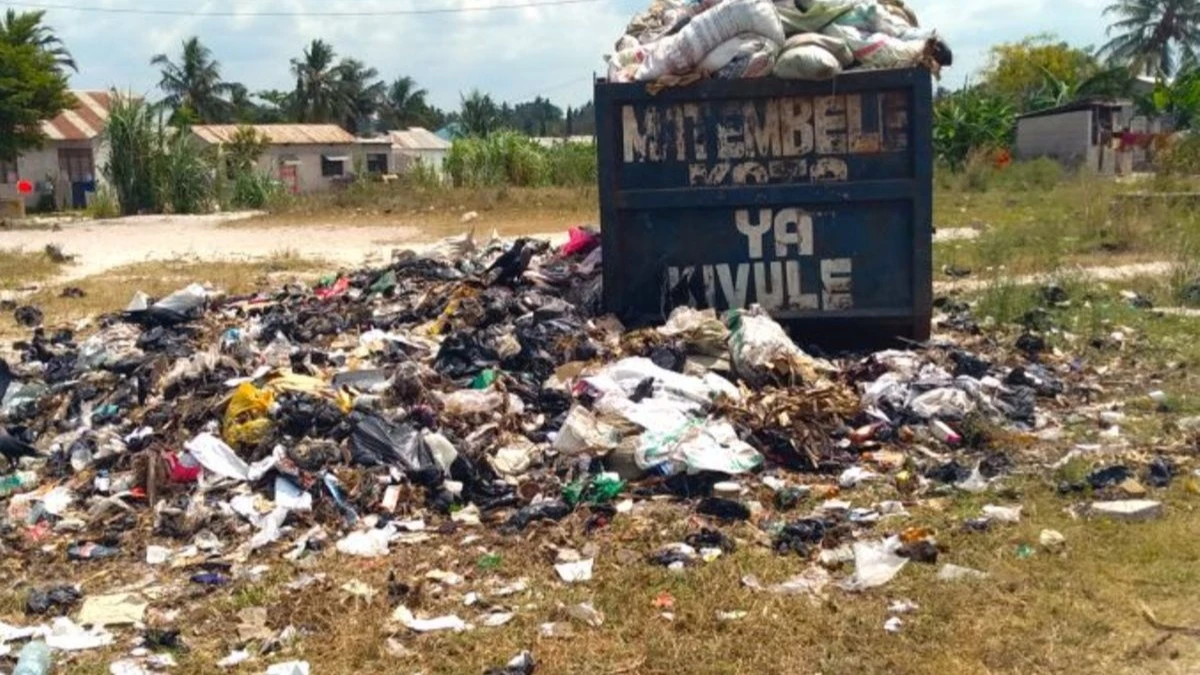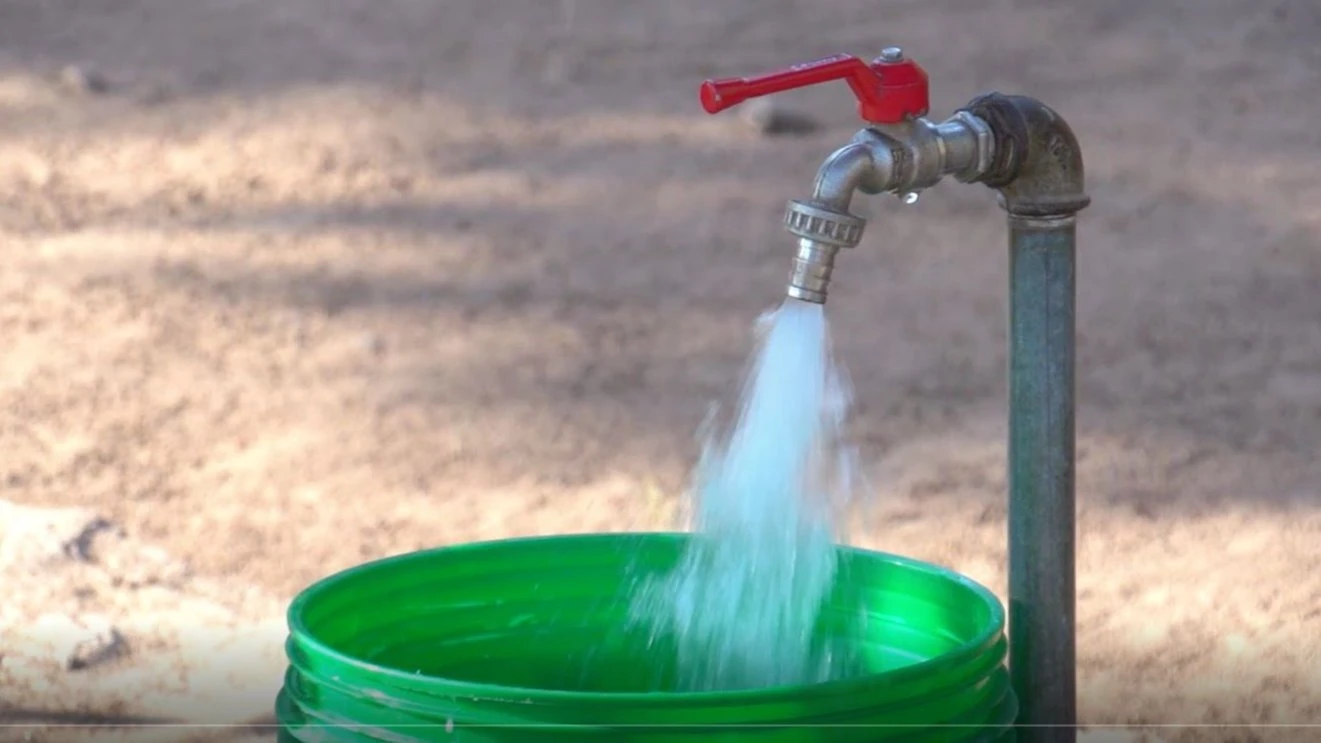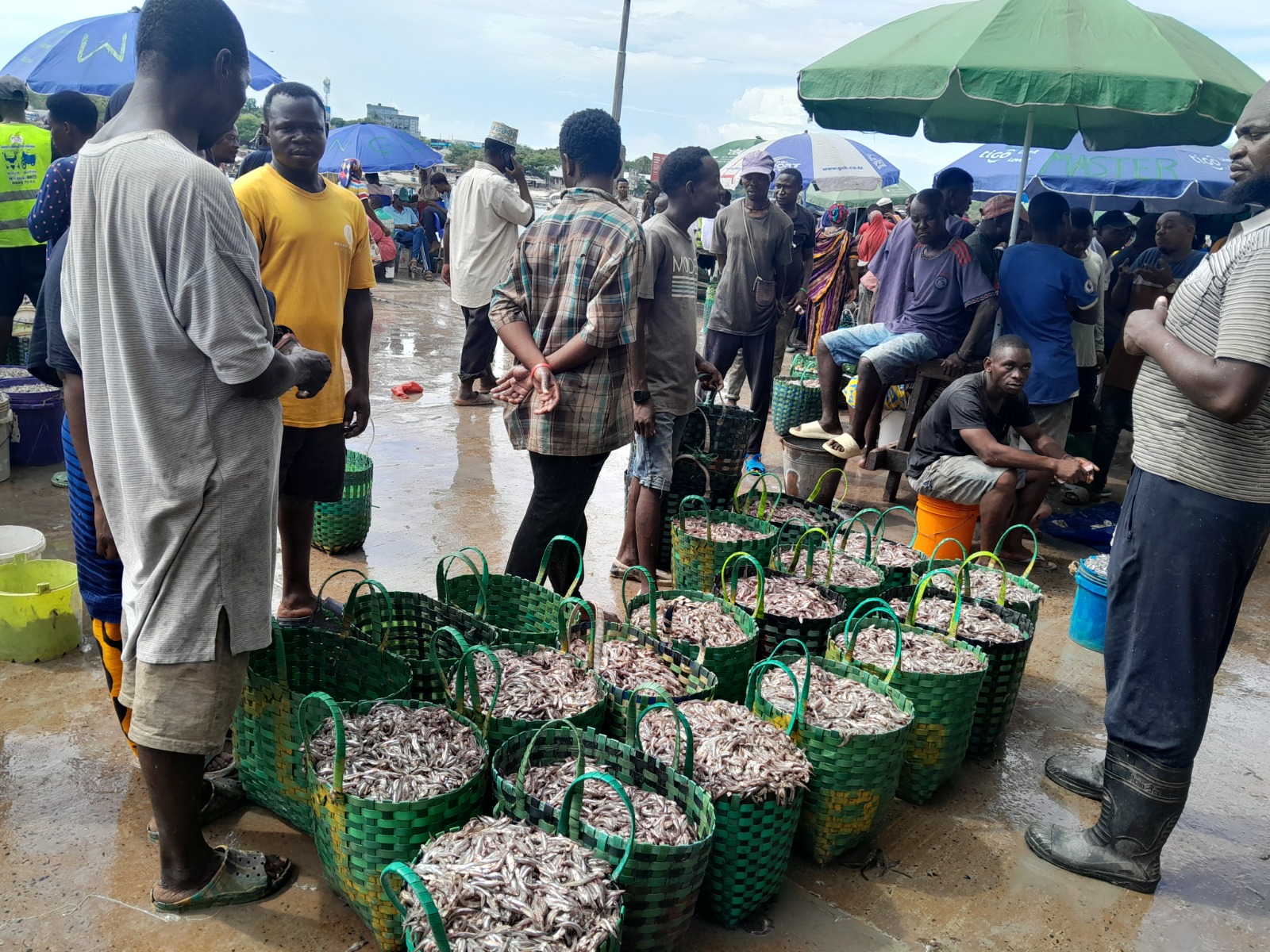Waste management crisis: A call for urgent action and circular solutions

EVERY year, the world produces an overwhelming amount of waste, much of which ends up clogging urban spaces or in landfills, creating serious environmental and health risks. Tanzania is no exception, with an estimated 12.1 to 17.4 million tonnes of municipal solid waste generated annually, according to the National Environment Management Council (NEMC).
Yet, only about 35% of this waste is collected and treated, leaving the rest to accumulate in streets, drains, and open spaces, causing major challenges, especially in urban areas like Dar es Salaam, Mwanza, and Arusha.
In rural areas like Kagera, people have developed small-scale, sustainable ways of managing waste. Organic waste is often turned into valuable fertilizers, while solid waste is either burned or buried.
The proximity of banana farms to residential areas means that much of the domestic waste gets discarded on the land, blending into the rural landscape in a way that feels almost natural. The cycle of waste as a resource is more seamless here.
However, the situation in the urban centers couldn’t be more different. In cities like Dar es Salaam, waste piles up in public spaces, producing pungent smells and creating health hazards.
With a rapidly growing population and insufficient infrastructure, the city struggles to keep up with the waste generated by households, businesses, and public services.
The stark contrast between rural and urban waste management systems highlights the urgency of addressing this issue.
This growing problem is made worse by the global rise in consumption. Households, small businesses, and public services generate an estimated 2.1 to 2.3 billion tonnes of municipal solid waste every year. Packaging, electronics, plastics, and food waste are the most common types, but the systems in place to manage them often fall short.
Across the globe, about 2.7 billion people lack access to solid waste collection services, and only 61-62% of waste is properly managed in controlled facilities. The gap between waste generation and waste management is widening, underscoring the need for systemic changes.
One of the biggest contributors to waste is the textile and fashion industry. The global production of textiles has grown so quickly that it now produces a staggering 92 million tonnes of textile waste annually.
This growth is outpacing sustainability efforts, with the fashion industry’s rapid expansion doubling clothing production from 2000 to 2015. Most of this waste ends up in landfills, contributing to pollution and environmental degradation. A shift to a circular economy, where products are designed to be reused, repaired, or recycled, is essential to reducing this crisis, according to a study by Emmanuel Patroba from the Open University of Tanzania.
But even in the face of such large-scale challenges, a growing number of people in Tanzania are stepping up.
In Mwanza, women are leading the charge in waste collection and recycling, while men in Dar es Salaam and Arusha are similarly dedicated to turning waste into a resource. They’re not just managing waste—they’re transforming it. Their efforts highlight the resilience and ingenuity that can drive change, even in the face of seemingly insurmountable problems.
Every March 30th, the United Nations observes the International Day of Zero Waste, a reminder that reducing waste isn’t just about better management; it’s about rethinking how we consume and dispose of resources. This day calls for governments, businesses, and individuals to take responsibility and adopt more sustainable practices.
But it is not only individuals who are responsible for solving the problem; businesses and governments also play crucial roles. The private sector must design products that are durable and recyclable, adopting circular business models that prioritize sustainability.
Governments, too, must take responsibility by enforcing policies like Extended Producer Responsibility (EPR) schemes, regulating harmful chemicals, and investing in recycling infrastructure. Only through collaboration across these sectors can meaningful progress be made toward a zero-waste future.
Despite the overwhelming challenges, there are individuals on the ground making a real difference in waste management in Tanzania. In Mwanza, a group of women has come together to collect and recycle waste, demonstrating the power of grassroots efforts to tackle environmental challenges.
These women face daily obstacles, from limited resources to the lack of formal waste collection systems, but their resolve to protect the environment keeps them moving forward.
They meticulously gather recyclable materials such as plastic, glass, and paper, ensuring that valuable resources are diverted from landfills and given a second life. Their efforts not only help reduce waste but also provide economic opportunities for local communities, proving that waste management can be a vehicle for both environmental and social change.
In Dar es Salaam and Arusha, a similar movement is taking place. Men involved in waste collection and recycling have made it their mission to reduce the environmental impact of waste by transforming it into valuable resources.
One of the most notable successes in Dar es Salaam is the city's composting plant, which processes organic waste, preventing methane emissions that contribute to climate change. The plant has significantly reduced waste sent to landfills and provided a sustainable solution for managing organic waste, which comprises the bulk of waste generated in the city’s bustling markets.
A second composting plant is currently in the planning stages, which will further increase Dar es Salaam’s waste processing capacity and contribute to a more sustainable city.
The growing number of waste collectors in Tanzania is part of a larger global movement toward zero waste. International initiatives like the United Nations’ International Day of Zero Waste, observed annually on March 30th, are vital in raising awareness and encouraging action.
The day highlights the importance of sustainable production and consumption, with a particular focus on the fashion and textile sector. Countries like Rwanda have made great strides in waste management with policies that promote waste separation, recycling, and composting. Rwanda’s efforts serve as an example of what is possible when the government, businesses, and citizens work together to manage waste effectively.
In Tanzania, the statistics are grim, with 80-90% of urban waste remaining uncollected. Yet, the potential for change exists. Tanzania must take urgent action to address the waste crisis, particularly in cities like Dar es Salaam, Arusha, and Mwanza, where population density and economic activity contribute to the mounting waste challenge.
Nevertheless, the country’s waste problem is not insurmountable. The efforts of individuals who collect and recycle waste are part of a larger, global movement that recognizes the importance of waste reduction and recycling. With the support of local authorities, businesses, and the international community, Tanzania can move toward a more sustainable future.
Beyond the waste management challenges, it’s important to reflect on the significant environmental and health risks associated with improper waste disposal. In Tanzania, over 70% of diseases treated in health facilities are related to water and sanitation issues, which are exacerbated by improper waste management practices.
The need for a circular economy—where waste is reduced, reused, and recycled—has never been more urgent. On the International Day of Zero Waste, we are reminded that systemic changes are crucial in reshaping how we produce, consume, and dispose of products.
Tanzania’s waste management crisis can be tackled, but it requires efforts at every level: from individuals like the women in Mwanza and men in Dar es Salaam and Arusha who recycle waste to businesses designing sustainable products and governments enforcing policies that promote recycling and waste reduction.
While waste management may seem daunting, focusing on zero-waste practices, embracing circular solutions, and supporting those at the forefront of recycling can make a lasting difference. The road to a sustainable future may be challenging, but with urgency and determination, it is within reach.
Top Headlines
© 2025 IPPMEDIA.COM. ALL RIGHTS RESERVED

























